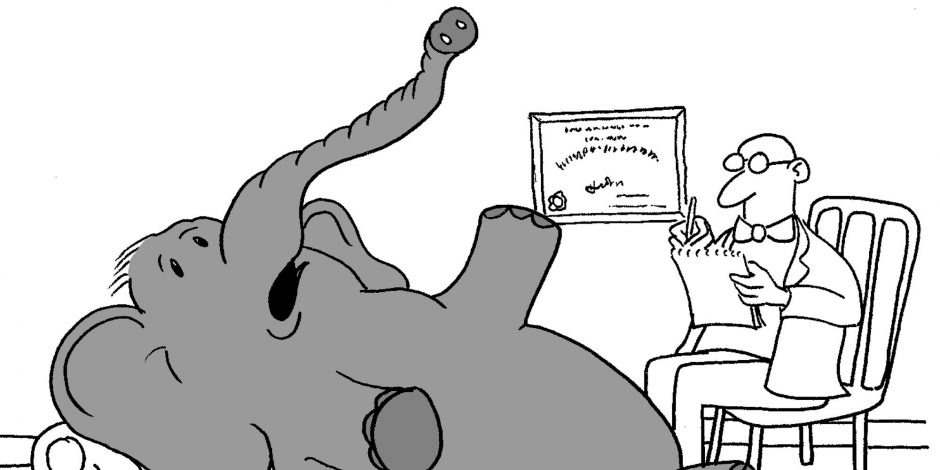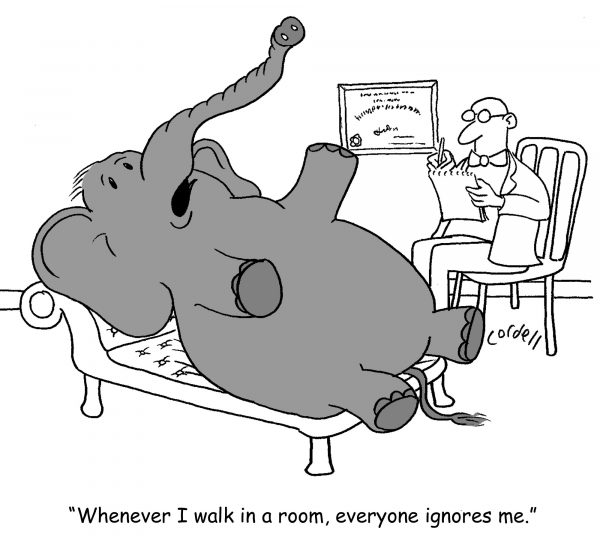Gender bias in ERC grant evaluation

By Nadine Afram
In the last edition of the InsiderS, I reported on two topics that are currently discussed in gender research. Here, I will focus on the gender bias in evaluating grant proposals. It is educative to see how selection criteria can be, albeit probably mainly unconsciously, cherry picked to be applied differently for women and men. A lot can be done to raise awareness in review panels.
The success rates in ERC starting grants are lower for women and possible reasons can be the past performance of applicants, the composition of peer review panels, and the formalisation of excellence. Analysing the word use in evaluation reports is one way of studying the gender bias. It has been concluded that the bias is closely related to a vague definiton of excellence that leaves space to different individual review practices. Despite some gender awareness, the reviewers lack competence for taking gender into account in the peer review process.

„It‘s the elephant in the room – gender (bias) in ERC grant selection” was the title of a talk by Helene Schiffbaenker at the SNSF conference in June 2016. (Image: www.CartoonStock.com)
Selection criteria:
In the ERC Work Programme 2014: 7 it says: ‘The ERC’s peer review evaluation has been carefully designed to identify scientific excellence irrespective of the gender… of the Principal Investigator’, but:
- Criteria to construct excellence are deployed for female and male applicants, such as ‘independence’.
- Male behaviour is taken as norm, such as ‘overselling’.
- Masculine excellence criteria are dropped for male applicants, such as mobility and independence.
- Overselling your CV is seen as ‘ground-breaking research’.
- Women are sometimes forced to unnaturally oversell themselves.
Composition of review panels: “The higher the share of female panelists, the lower the female grantees.’ Why? There is evidence that minorities (such as female researchers in certain disciplines) judge their own minority more strictly, to ensure their position in the group. This applies to minorities in general. (Discussed by Prof. Gudrun Sander with reference to CCDI-FIM, HSG, Firmenspezifische Analysen).
Recommendations:
- Acknowledge gender as factor in peer process
- Tackle gender practices: identify/name them, raise awareness in panels
- Optimise the review process:
- Define criteria and measurements of criteria (same for every applicant!)
- Fix weight of criteria beforehand and equally for all applicants
- Strenghten the role of the chair (make sure all criteria are applied to all applicants)
In the next issue, read about the shocking disregard of the female perspective in the academic medicine research.
Categories: Internal Newsletter
